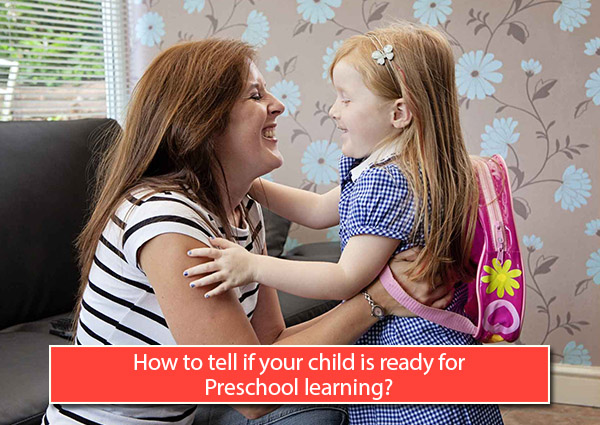
How to tell If Your Child is Ready for Preschool Learning
How to Tell if Your Child is Ready for Preschool Learning
In this article, you will learn about how to tell if your child is ready for preschool Learning. In preschool, children learn about the world through play. Subject areas aren’t separate in their minds or in the classroom. The objects preschoolers find on a nature walk, like feathers, rocks and leaves, might help them figure out math concepts like “big, bigger, and biggest” or motivate them to visit the book corner to find out more about birds.
Teachers may introduce children to basic concepts such as shapes, letters, and colours, but preschool is about learning much more than what a circle looks like. It’s where children first develop a relationship with learning. It is evident that preschool is important for kids and hat they learn a lot there, now how do you know your child is ready for preschool learning?
He can be Separated From You

Before attending preschool, ensure that your child is comfortable to spend some time away from you. While some school anxiety is normal, if preschool is the first time you and your child are apart it may result in her clinging to you at the door, or running after you, wailing, into the parking lot. This can be distressing for your child, and disconcerting for other learners who are also trying to settle.
Try leaving a transitional object like a familiar fluffy toy with your child during the day – this may help him feel connected to you. Some schools might not allow toys from home to be played with, but ask if it can be kept in your child’s bag and he can go and touch or look at it every now and then during the day.
Can he Work on Projects on his Own?
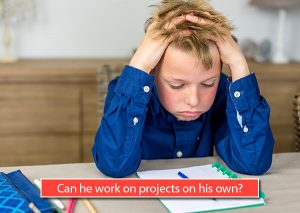
Preschool usually involves lots of arts and crafts projects that require concentration and the ability to focus on an individual task. If your child likes to draw at home or gets engrossed in puzzles and other activities on his own, he’s a good candidate for preschool. But even if he’s the kind of child who asks for help with everything, you can start getting him ready by setting up playtimes where he can entertain himself for a half hour or so.
While you wash the dishes, encourage him to make creatures out of clay, for example. Gradually build up to longer stretches of solo play. Your goal here is to keep yourself moderately preoccupied with an activity so that your child can complete the project on his own without too much hand-holding from you.
Emotionally Ready
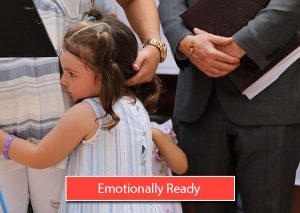
Emotionally, there are a few things to look for when considering whether your child is preschool ready. The first is the ability to say goodbye to a parent or caregiver without too much anxiety. It’s typical to be a little nervous, but if your child cries the entire day, she might not be ready to go to a full preschool program.
That said, many children will cry when you say goodbye on the first day or even throughout the first week. There are ways you can help your child develop coping skills at home. A child who is emotionally ready is more eager to go to school and wants to make friends. She might not have the skills to make friends yet, but wanting to make them is a good start.
Attention Span
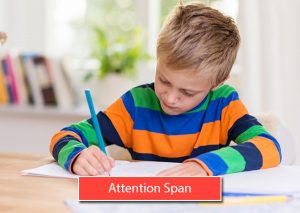
Wondering how the little boy flitting from toy to toy and room to room at home will ever manage to sit still in preschool? Don’t worry about holding your child to unrealistically high standards. Kids should be able to concentrate on the number of minutes equal to their age, for example, a 3-year-old should be able to concentrate for three minutes.
The Difficulty with Concentration should not be a reason to refrain from sending kids to school. If anything, being in a school environment should help children improve their ability to focus. So, if your child is already able to focus on a Puzzle or draw for a few minutes on his own, you’re in Good Shape.
Comfort with Routine

If you don’t currently follow a regular routine at home, you may want to consider adopting a version of one to help prepare your child for the transition to preschool. Preschool programs run with varying schedules, allowing you to pick how many hours and how many days you want your child to attend. Once they get there, your little one can expect a predictable order of events, like circle time, play time, snack time, meal time and naptime.
So what’s the best schedule for your child? A minimum of three days a week, to avoid the continuous cycle of re-adjustment that ‘2-day-a-weekers’ feel. Fine if they are of reasonable length (3-4 hours), but suggests longer days if you plan to enrol your child in a full-time kindergarten next year.
looking for Play School Franchise in India.
If you like this article, we request you to please share it in your circles so that others can benefit this too.

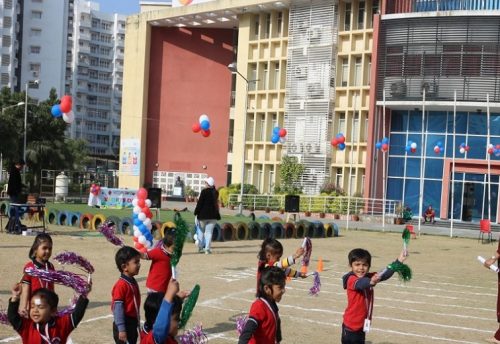
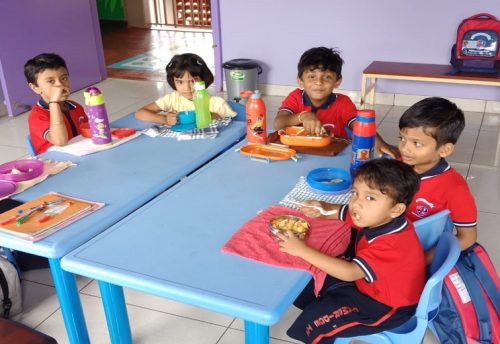
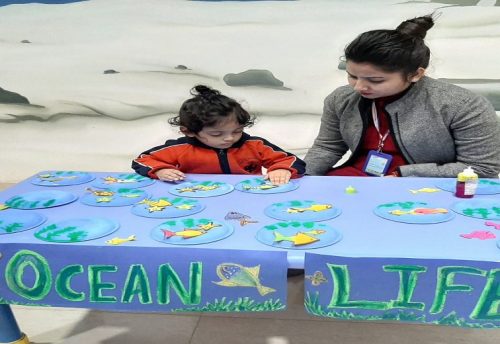

Leave a Reply